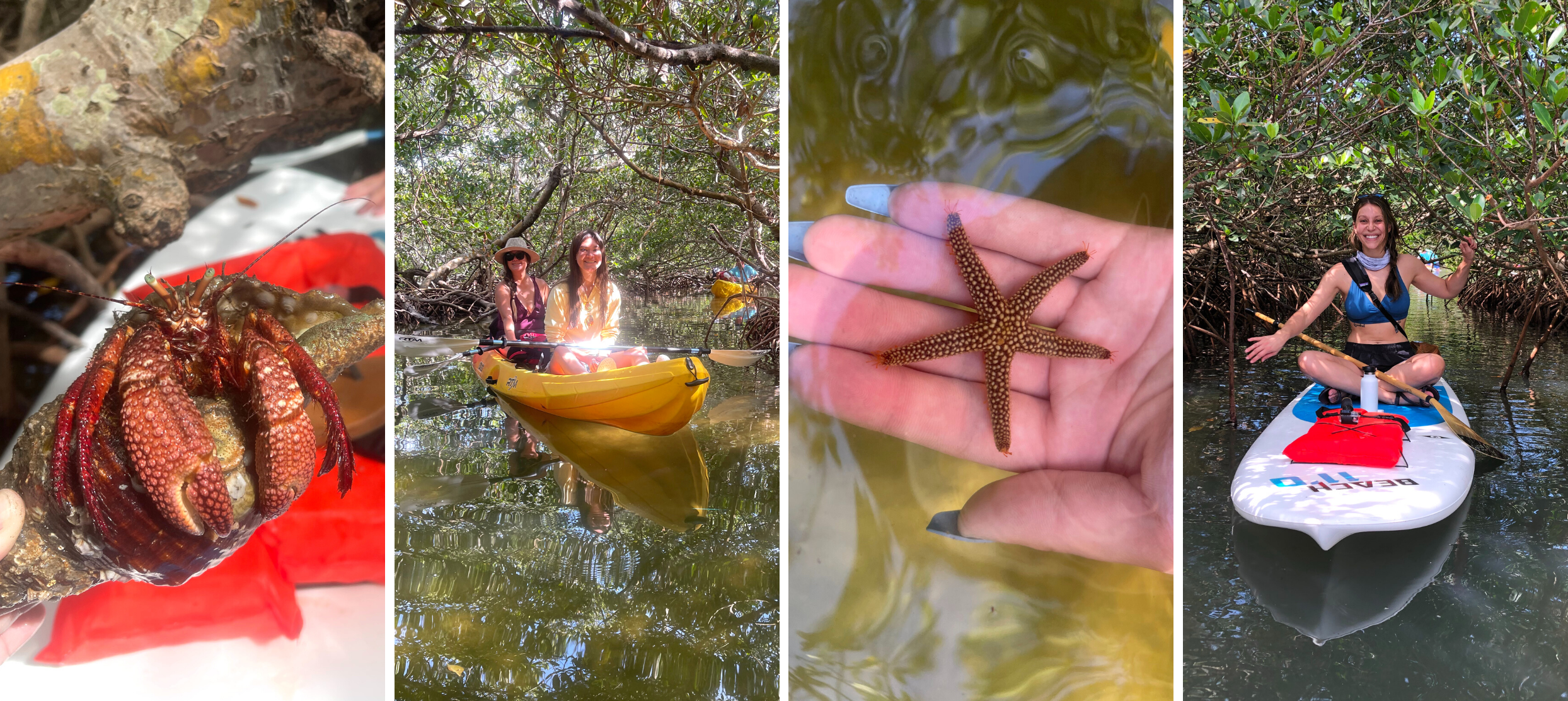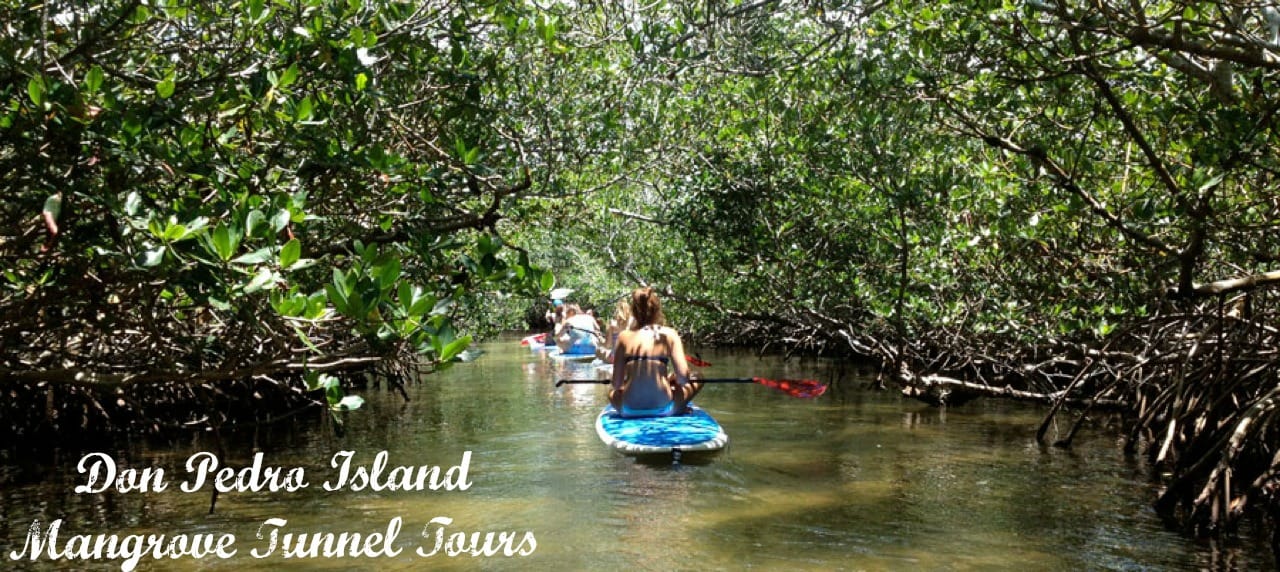Types of Sea Stars in Florida [Learn More]

[vc_row][vc_column][vc_column_text]The most common sea stars in Southwest Florida is the lined and thorny species. These types are usually found in sandy shallows or in seagrass. Sea Stars are not commonly found on the beaches. However, it is possible to spot some on the beach during standings, red tide events or during other harmful environmental events.[/vc_column_text][/vc_column][/vc_row][vc_row][vc_column width=”1/2″][vc_single_image image=”1065″ img_size=”large” alignment=”center” title=”Thorny Sea Star”][vc_column_text]
Fun Facts
- Sea Stars have a unique ability to regenerate however the degree depends on the species. Some require the center to be able to regenerate while others only need one-fifth of a limb. Most or all of their vital organs are located in their arms, which allow the sea stars to achieve regeneration.
- At the center of a sea star is the madreporite, and this bright orange dot is an organ that pumps water into its body. Hundreds of tube feet located on the underside of the arms require the pumping for suction. The suction is used for feeding and movement.
- Most sea stars rely on a diet of other live shells, muscles, conch, snails, as well as sponges and other small animals. The size of a sea star depends on the food it has consumed and not its age. Sea stars can be up to 12 inches in diameter depending on the species.
[/vc_column_text][vc_column_text]Sea Stars are not fish as their common name “starfish” may indicate. They are a type of echinoderm, which are related to sea cucumbers, sea urchins, sea biscuits and sand dollars. The five-arm sea star is the most common however there are over a thousand species of sea stars in the world’s oceans.[/vc_column_text][/vc_column][vc_column width=”1/2″][vc_single_image image=”2273″ img_size=”full” alignment=”center” title=”Lined Sea Star”][vc_custom_heading text=”Found in Southwest Florida” font_container=”tag:h3|text_align:left” use_theme_fonts=”yes”][vc_column_text]This sea star was found at the Stump Pass Beach State Park on a paddle board and kayak eco tour with SUP Englewood. In 2014, it was more common to see these lined sea stars along the barrier islands of Manasota Key in Englewood, FL. Unfortunately, conservation is declining with more boaters anchoring closer to shore and dredging projects every few years. Sightings of the lined sea stars in this region of Southwest Florida is noted.[/vc_column_text][vc_column_text]
Where can you see sea stars in Florida?
If you are looking for an area to view a sea star colony in natural form look into the Don Pedro Island State Park. This location can only be reached by boat, and there is a hidden area that can only be traveled to by paddle board or kayak. There is a mangrove tunnel that leads to a hidden lagoon inside the island. It is inside this mangrove tunnel pathway that a colony of sea stars can be found. Discover our top reasons for visiting the Don Pedro Island State Park.
Other locations include the Stump Pass Beach State Park and Boca Grande. It is recommend to visit these tidal areas on a mid to lower tide for prime visibility of sea stars. The amount of tide required to pass through these areas by watercraft require local guidance. Contact us if you’re interested in seeing sea stars during your visit to Florida.
[/vc_column_text][/vc_column][/vc_row][vc_row][vc_column][vc_column_text]
How You Can Make a Difference
- Protect sea stars by keeping them in the water. Some species cannot breathe at all out of the water other species can only survive for a short period of time.
- It’s best to use a small container for viewing sea stars or leave them completely undisturbed when viewing them.
- Do not keep them! In Florida, a sea star is considered a live shell and is illegal to keep.
- Other threats to sea stars are toxins in their environment.
- Don’t use chemical if you plan on handing sea stars. Sea stars are very susceptible to chemicals like bug sprays and sunscreens.
[/vc_column_text][/vc_column][/vc_row]

